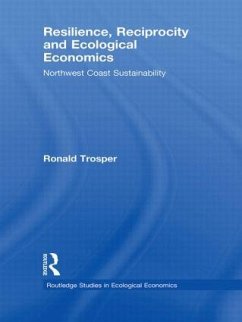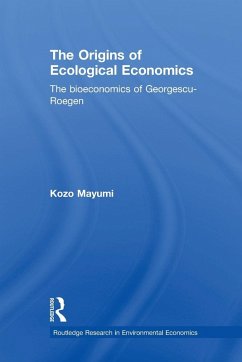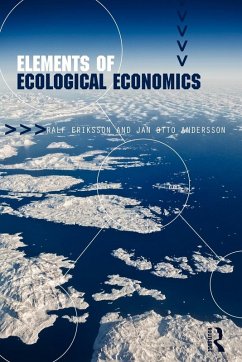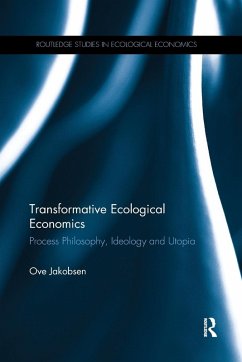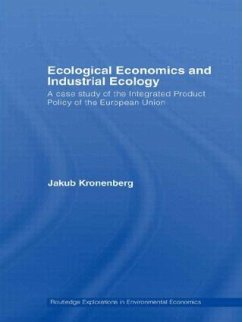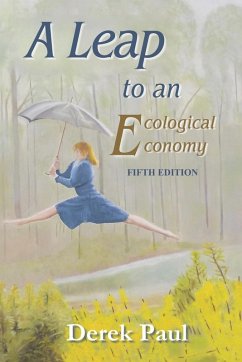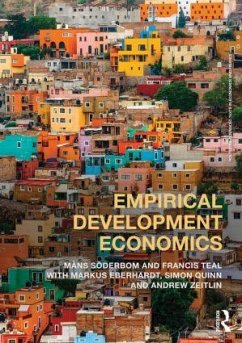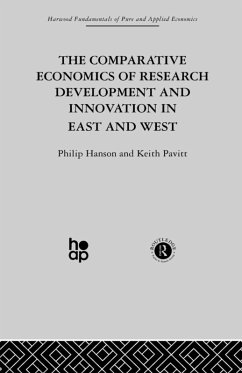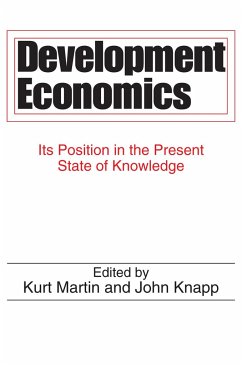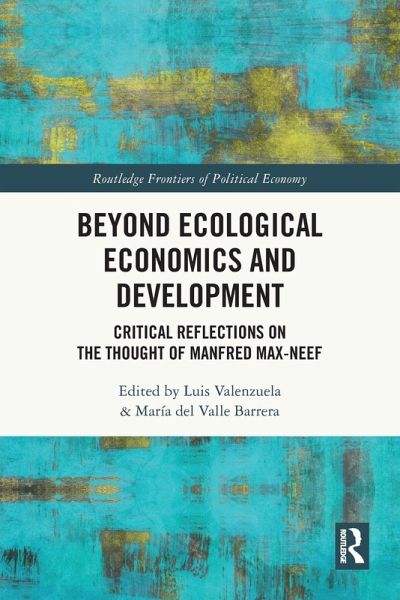
Beyond Ecological Economics and Development
Critical Reflections on the Thought of Manfred Max-Neef
Herausgeber: Valenzuela, Luis; del Valle Barrera, María
Versandkostenfrei!
Versandfertig in 1-2 Wochen
54,99 €
inkl. MwSt.
Weitere Ausgaben:

PAYBACK Punkte
27 °P sammeln!
The interrelationship between development, environment and human needs is one of the key issues facing the word today. The Chilean economist, Manfred Max-Neef, was a leading thinker on this dynamic and this book provides both an introduction to and analysis of his work and ideas.





